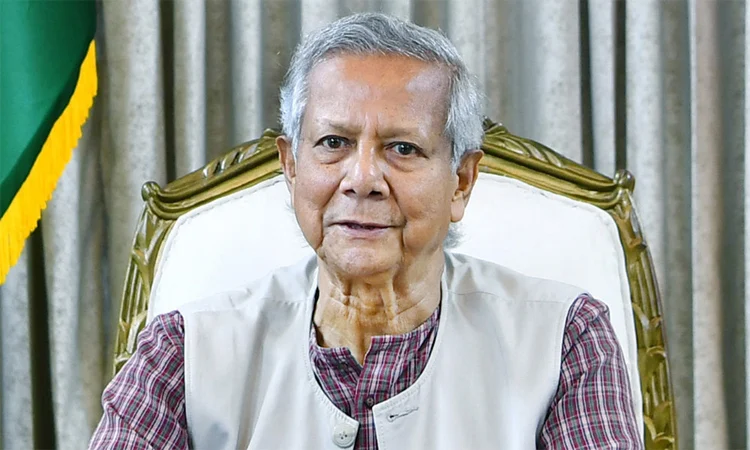Bangladesh’s interim government says major political parties have largely agreed on a reform charter but remain split over how it should be implemented.
The 28-page document, known as the “July Charter,” was drafted after the student-led revolt that ousted longtime prime minister Sheikh Hasina in August 2024. It proposes a two-term limit for prime ministers and an expansion of presidential powers.
Interim leader Muhammad Yunus has endorsed the charter, calling it essential for political stability. “We cannot end with disagreement. The election will be successful only when we can reach a consensus,” he was quoted as saying by the state-run BSS news agency.
Talks have been spearheaded by the Consensus Commission, led by vice-chairman Ali Riaz, which concluded its second round of negotiations on Sunday with around 30 parties.
“The political parties have agreed on 84 reform proposals, with only a few notes of dissent,” Riaz said. “The main point of contention now is the procedure for implementing them.”
The debate centers on the legal weight of the charter. Critics say it cannot override the existing constitution before elections scheduled for February 2026, when a new parliament could formally endorse it.
The Bangladesh Nationalist Party insists parliament must decide on the charter’s fate. By contrast, the Islamist party Jamaat-e-Islami and several others are pushing for immediate ratification.
Jamaat has announced mass rallies to demand endorsement, beginning in Dhaka on September 18 and spreading nationwide on September 26.
Despite the deadlock, Riaz said the document is ready for signatures. “We have asked political parties to nominate their representatives to sign,” he noted.

